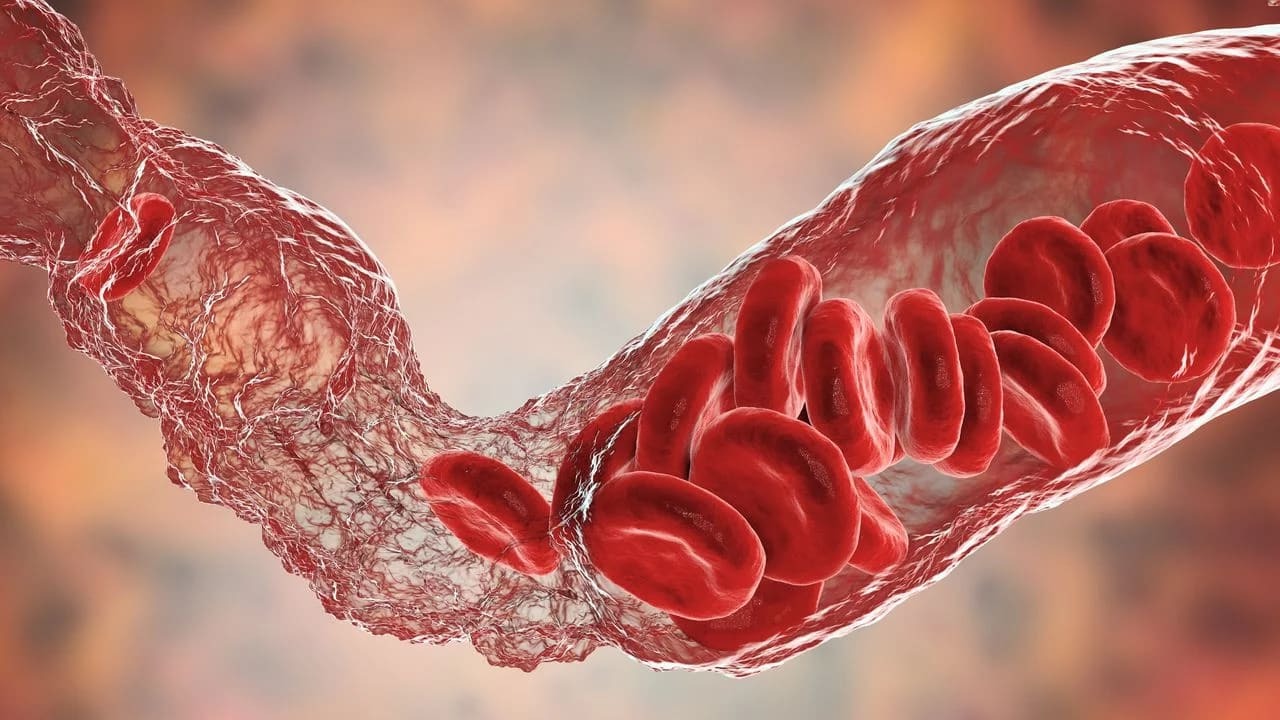
Arginase deficiency is a rare genetic disorder that affects the body's ability to break down arginine, an amino acid. This condition can lead to a buildup of ammonia in the blood, causing various health issues. Symptoms often include developmental delays, seizures, and spasticity. Early diagnosis and treatment are crucial for managing the condition and improving quality of life. Treatment options may involve dietary restrictions, medications, and sometimes liver transplantation. Understanding the causes and symptoms of arginase deficiency can help in early detection and better management. Here are 30 essential facts about this condition to help you grasp its impact and treatment options.
What is Arginase Deficiency?
Arginase deficiency is a rare genetic disorder that affects the body's ability to break down arginine, an amino acid. This condition can lead to a buildup of ammonia in the blood, causing various health issues. Here are some fascinating facts about arginase deficiency.
-
Arginase deficiency is classified as a urea cycle disorder, which means it affects the body's ability to remove ammonia from the bloodstream.
-
This condition is caused by mutations in the ARG1 gene, which provides instructions for making the enzyme arginase.
-
Arginase is crucial for the final step of the urea cycle, converting arginine into urea and ornithine.
Symptoms and Diagnosis
Understanding the symptoms and how arginase deficiency is diagnosed can help in early detection and management.
-
Symptoms often appear in early childhood and can include developmental delays, seizures, and spasticity.
-
Elevated levels of arginine in the blood are a key indicator of arginase deficiency.
-
Genetic testing can confirm the diagnosis by identifying mutations in the ARG1 gene.
-
Newborn screening programs in some regions test for urea cycle disorders, including arginase deficiency.
Treatment and Management
Managing arginase deficiency involves a combination of dietary changes, medications, and regular monitoring.
-
A low-protein diet can help reduce the amount of ammonia produced in the body.
-
Medications like sodium phenylbutyrate can help remove excess ammonia from the bloodstream.
-
Liver transplantation may be considered in severe cases to restore normal urea cycle function.
-
Regular blood tests are essential to monitor ammonia and arginine levels.
Impact on Daily Life
Living with arginase deficiency can be challenging, but with proper management, individuals can lead fulfilling lives.
-
Physical therapy can help manage spasticity and improve mobility.
-
Special education services may be necessary to address developmental delays.
-
Support groups and counseling can provide emotional support for affected families.
-
Early intervention and consistent medical care are crucial for improving outcomes.
Research and Future Directions
Ongoing research aims to improve the understanding and treatment of arginase deficiency.
-
Gene therapy is being explored as a potential treatment to correct the underlying genetic defect.
-
New medications are being developed to more effectively reduce ammonia levels.
-
Researchers are studying the long-term effects of arginase deficiency to better understand its progression.
-
Clinical trials are essential for testing new treatments and improving existing ones.
Interesting Facts
Here are some additional intriguing facts about arginase deficiency that you might find surprising.
-
Arginase deficiency is extremely rare, affecting approximately 1 in 1,000,000 individuals worldwide.
-
The condition was first described in medical literature in the early 20th century.
-
Arginase deficiency can sometimes be mistaken for cerebral palsy due to similar symptoms.
-
The disorder is inherited in an autosomal recessive pattern, meaning both parents must carry a copy of the mutated gene.
-
Some individuals with arginase deficiency may remain asymptomatic or have very mild symptoms.
-
The severity of symptoms can vary widely, even among individuals with the same genetic mutation.
-
Early diagnosis and treatment can significantly improve the quality of life for affected individuals.
-
Dietary management often involves working with a nutritionist to ensure proper nutrient intake.
-
Regular follow-ups with a metabolic specialist are crucial for ongoing care.
-
Advances in genetic research are providing new insights into the mechanisms of arginase deficiency.
-
Public awareness and education about rare genetic disorders like arginase deficiency are essential for early detection and support.
Final Thoughts on Arginase Deficiency
Arginase deficiency, a rare genetic disorder, affects the urea cycle, leading to ammonia buildup in the blood. This condition can cause severe neurological issues, developmental delays, and other health problems. Early diagnosis and treatment are crucial for managing symptoms and improving quality of life. Treatments often include dietary restrictions, medications, and sometimes liver transplantation.
Raising awareness about arginase deficiency helps in early detection and better management. If you suspect someone might have this condition, consult a healthcare professional for proper testing and guidance. Understanding the symptoms and treatment options empowers families and caregivers to provide the best care possible.
Stay informed and proactive in seeking medical advice. Knowledge about this rare disorder can make a significant difference in the lives of those affected.
Was this page helpful?
Our commitment to delivering trustworthy and engaging content is at the heart of what we do. Each fact on our site is contributed by real users like you, bringing a wealth of diverse insights and information. To ensure the highest standards of accuracy and reliability, our dedicated editors meticulously review each submission. This process guarantees that the facts we share are not only fascinating but also credible. Trust in our commitment to quality and authenticity as you explore and learn with us.


